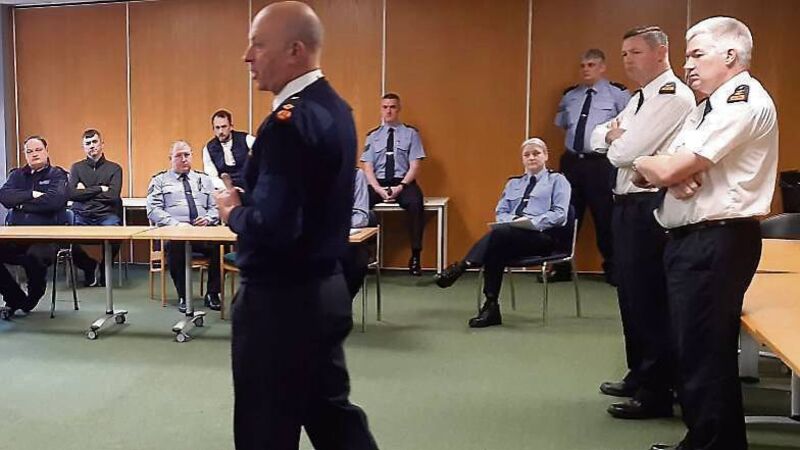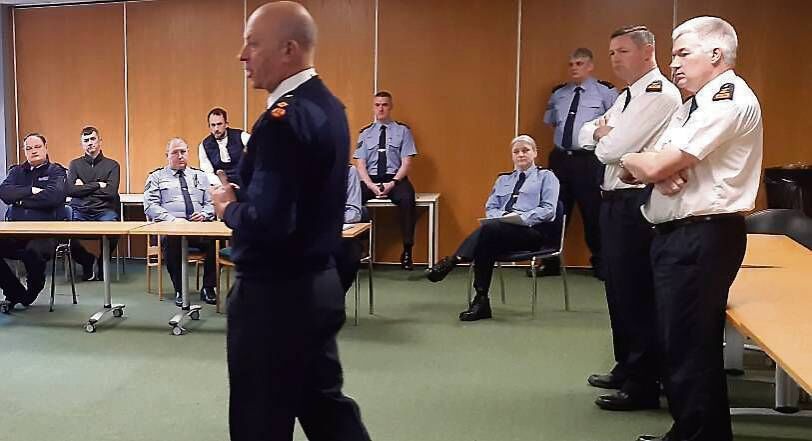More gardaí on streets as virus fight stepped up


Garda HQ say its initial response to the Covid-19 crisis will see a 20% increase in garda availability, resulting in more checkpoints generally and greater visibility in rural areas.
Try from €1.50 / week
SUBSCRIBE
Garda HQ say its initial response to the Covid-19 crisis will see a 20% increase in garda availability, resulting in more checkpoints generally and greater visibility in rural areas.
Already a subscriber? Sign in
You have reached your article limit.
Annual €130 €80
Best value
Monthly €12€6 / month
Introductory offers for new customers. Annual billed once for first year. Renews at €130. Monthly initial discount (first 3 months) billed monthly, then €12 a month. Ts&Cs apply.
CONNECT WITH US TODAY
Be the first to know the latest news and updates
Newsletter
Keep up with stories of the day with our lunchtime news wrap and important breaking news alerts.
Monday, February 16, 2026 - 1:00 PM
Tuesday, February 17, 2026 - 7:00 AM
Monday, February 16, 2026 - 9:00 AM
© Examiner Echo Group Limited